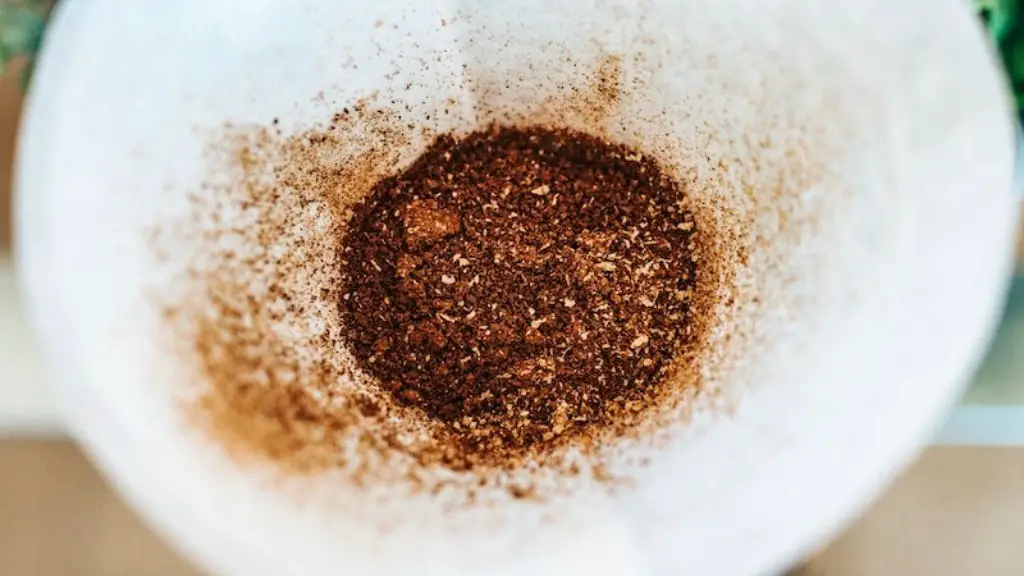Many people find themselves drinking multiple cups of coffee per day in order to stay alert and energized. While it may seem harmless, too much caffeine can have long-term repercussions on your health, such as developing headaches or insomnia.
According to UCLA Health, “Caffeine is considered a psychoactive drug and is the most widely used stimulant in the world.” Meaning that the body becomes used to the presence of caffeine in the bloodstream and begins to depend on it in order to wake up in the morning or stay energized throughout the day.
Experts recommend slowly reducing your coffee intake in order to avoid getting headaches and other unpleasant side effects. Instead of switching cold turkey, slowly reduce the amount of coffee you consume over a two- to three-week period. In the first week, try to limit yourself to two to three cups a day, then one cup the following week, and finally no coffee at all.
Additionally, it is important to keep yourself hydrated throughout the process. Headaches are often a result of dehydration, so drink plenty of water and other non-caffeinated beverages to stay hydrated and keep your headache at bay.
Finally, there are plenty of other options to help you stay energized and alert throughout the day. Green tea, unsweetened flavored seltzer water, and tea are all great alternatives to coffee that provide you with the same energizing benefits, without the caffeine withdrawal headache.
Eat Nutritious Foods
In addition to drinking plenty of water, eating nutritious foods is another good way to prevent headaches caused by quitting coffee. Eating foods that contain anti-inflammatory properties, such as blueberries, cherries, and avocados can help reduce inflammation in the body and reduce the risk of developing a headache. Additionally, foods with high levels of magnesium, such as pumpkin seeds, almonds and spinach, have been known to help prevent headaches.
Eating a balanced diet rich in protein, healthy fats and complex carbohydrates is key to staying energized throughout the day. Eating small meals or snacks throughout the day can help your body stay energized, alert and headache-free. meal planning can also be helpful in ensuring you are eating the right foods to support your body.
In addition to a balanced diet, getting plenty of sleep at night can help ease any headaches experienced when quitting coffee. Aim for eight hours of sleep each night and make sure you create a consistent sleep schedule that you can stick to.
Start Exercising
Exercise is another great way to help reduce any headaches experienced after quitting coffee. Exercise releases endorphins, the “feel-good” hormones that can help lift your mood and combat headaches. Additionally, exercise can reduce stress, which is often a contributing factor to headaches.
You don’t have to be an exercise enthusiast to benefit from its headache-combatting effects. Even just a simple walk outside can have a positive effect and help ease any headaches you may be experiencing. Start with just a few minutes of exercise each day and gradually increase the intensity to find the perfect balance.
Meditation and Stress Relief Exercises
Along with exercising, there are other forms of stress relief that can help ease headaches caused by quitting coffee. Practicing meditation or taking part in stress relief exercises, such as deep breathing or guided meditation, can help reduce anxiety and stress.
Additionally, engaging in hobbies or activities that you enjoy can help relieve stress and reduce headaches. This can be anything from reading, knitting, painting, or even playing your favorite sport. Anything that relieves stress and puts your mind at ease can help combat headaches.
Finally, listening to music or reading can help ease the tension in your muscles and distract your mind from any pain. There are also many headache relief apps available for smartphones that can provide additional relief by helping you relax and focus on the present moment.
Alternative Remedies
Finally, there are a variety of natural remedies that can be used to help ease any headaches you may experience when quitting coffee. Ginger and peppermint have long been used as natural remedies for headaches and can be found in many over-the-counter treatments. Additionally, lavender, chamomile and eucalyptus are often used in aromatherapy to help relax the body and ease headaches.
Acupuncture is another form of natural treatment that is often used to reduce headaches and stress. Acupuncture is a type of traditional Chinese medicine that involves stimulating pressure points in the body with thin needles. This is an effective way to ease tension in the muscles and reduce stress, both factors that can contribute to headaches.
Finally, chiropractic treatment is a natural way to tackle headaches and relieve muscle tension. Chiropractic treatment is the adjustment of joints and muscles to restore balance and can provide lasting relief from headaches.
Nutritional Supplements
Finally, nutritional supplements may be beneficial for easing headaches caused by quitting coffee. Coenzyme Q10, magnesium, omega-3 fatty acids, riboflavin, and B vitamins can all help to reduce tension in the body and provide relief from headaches. Additionally, some herbal supplements, such as feverfew, may help reduce the frequency and severity of headaches.
It is important to speak with your doctor before taking any of these supplements to ensure that they are the right fit for you. Furthermore, be sure to read all labels carefully and follow the dosage instructions.




